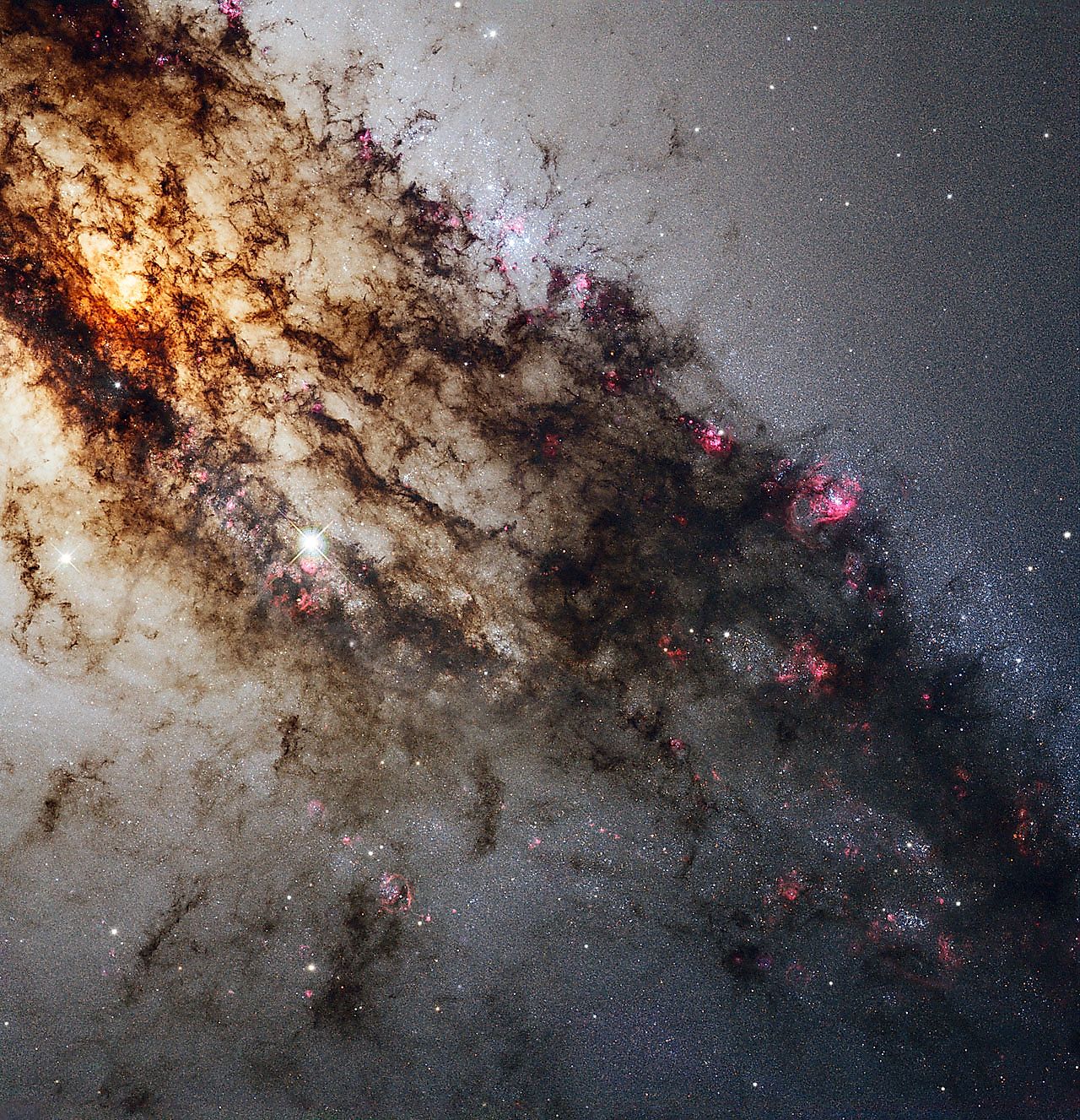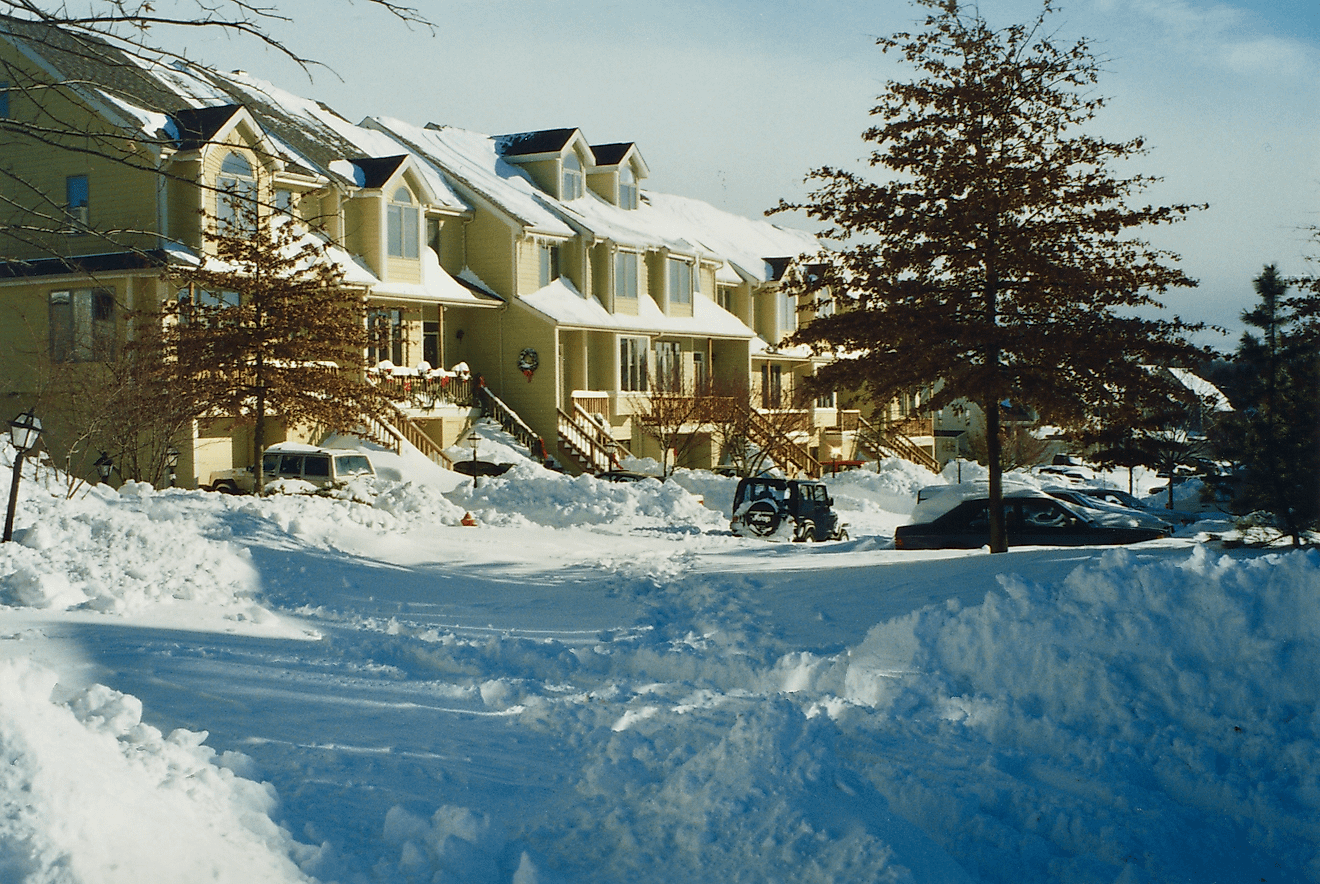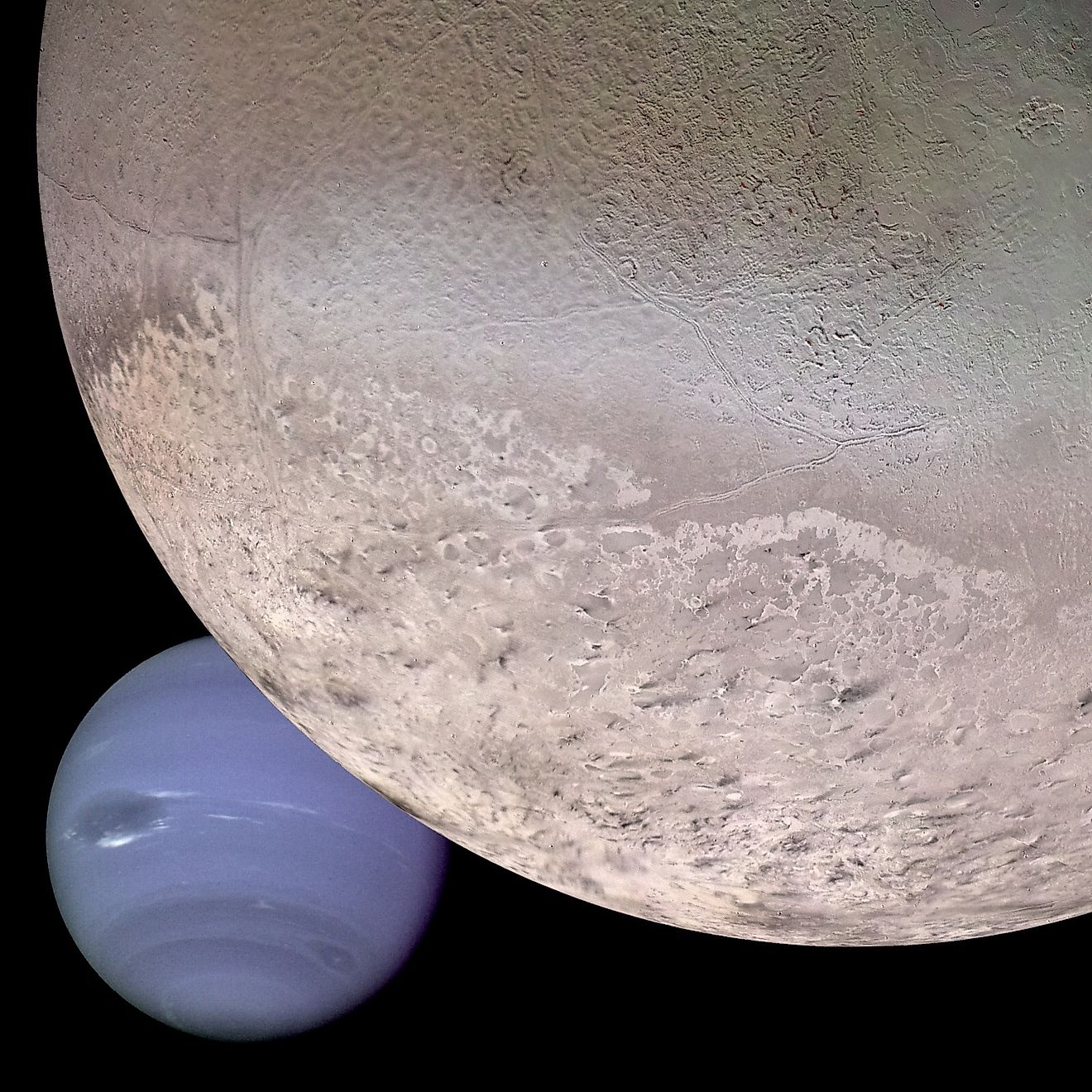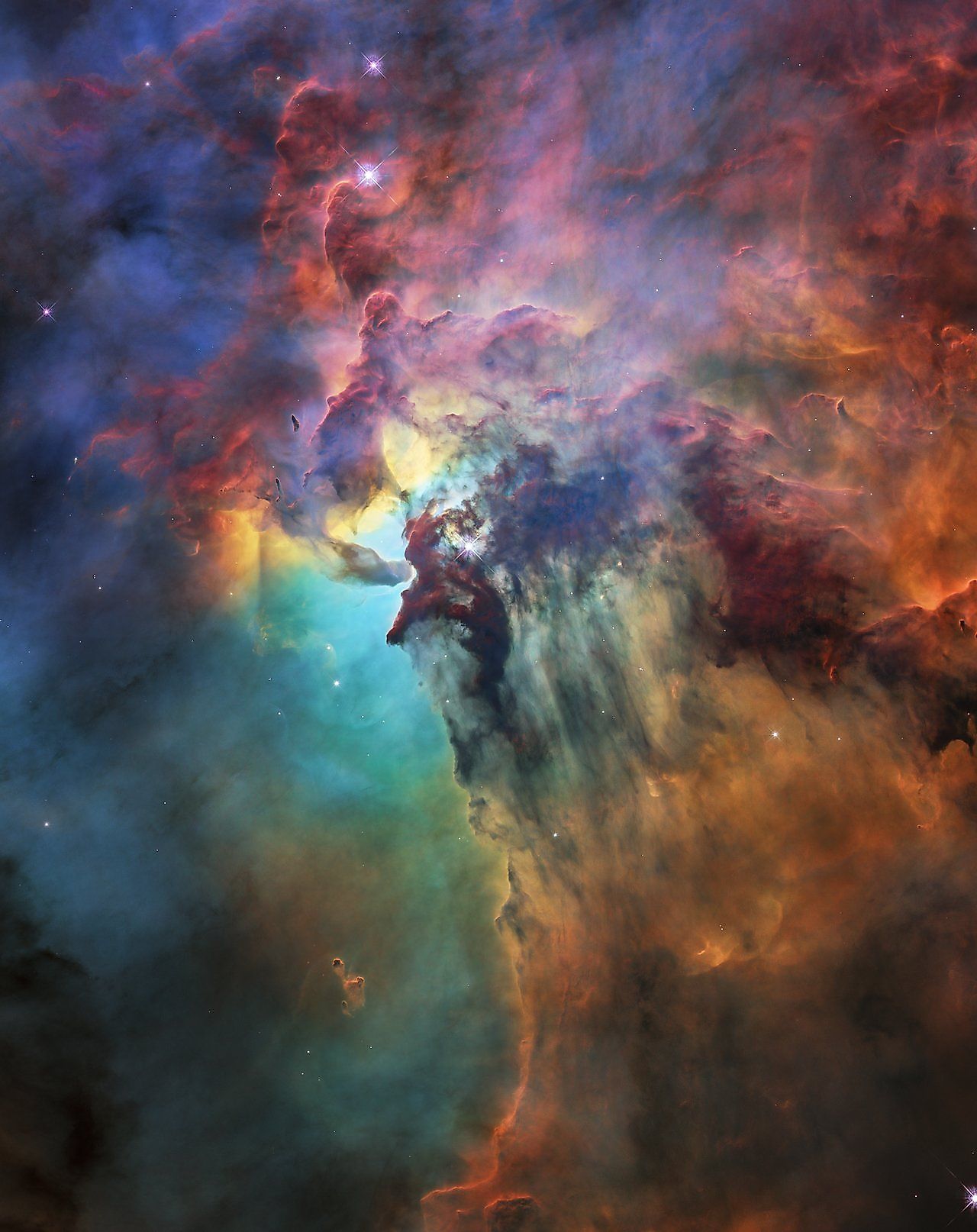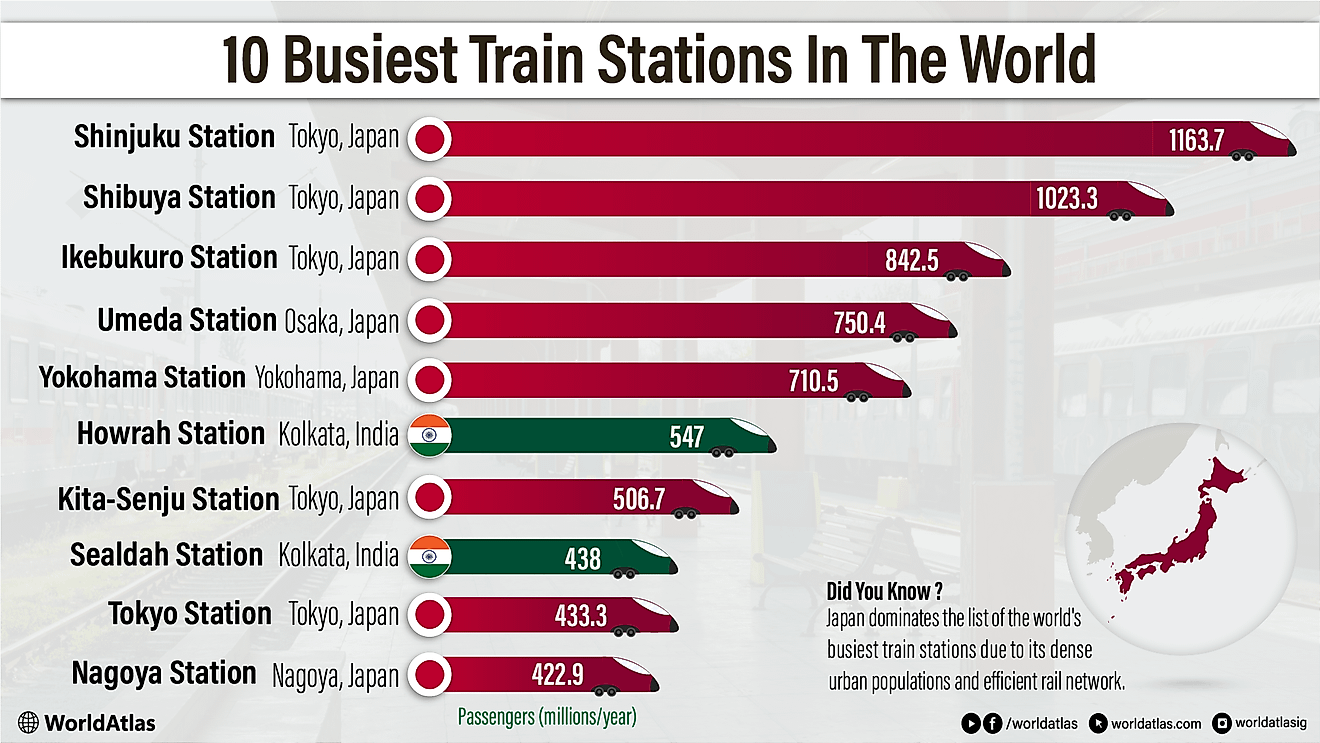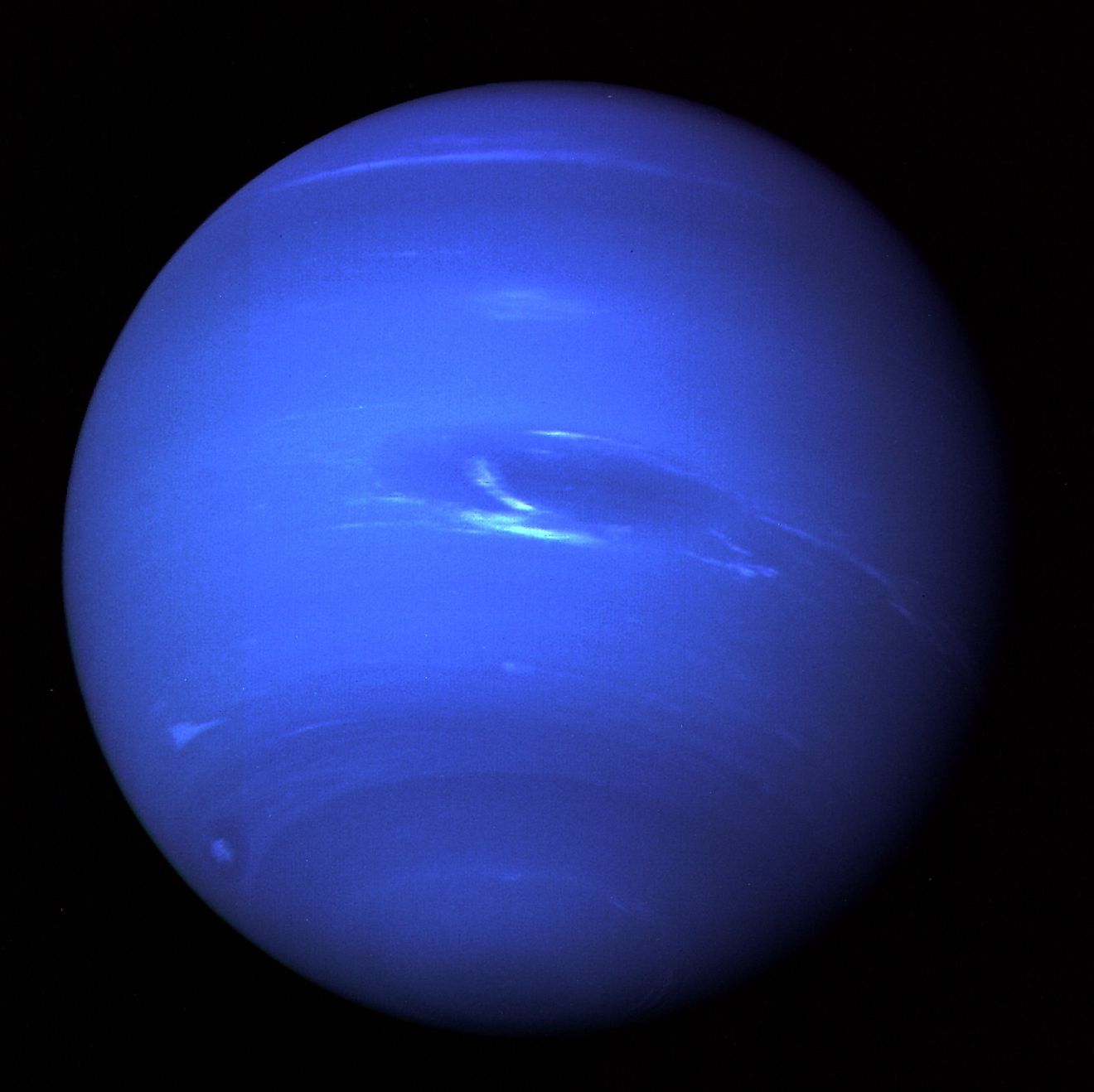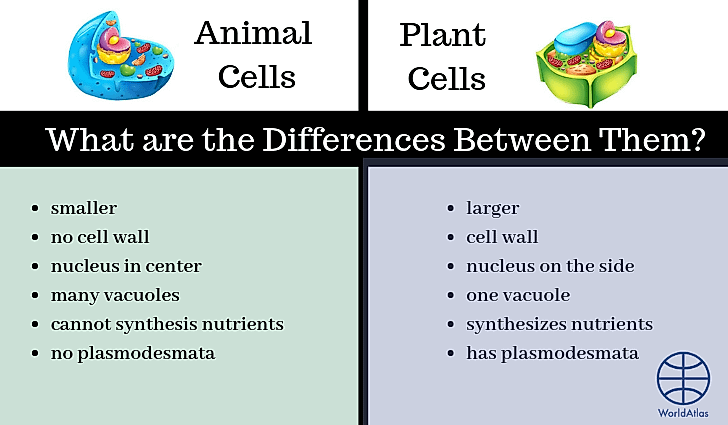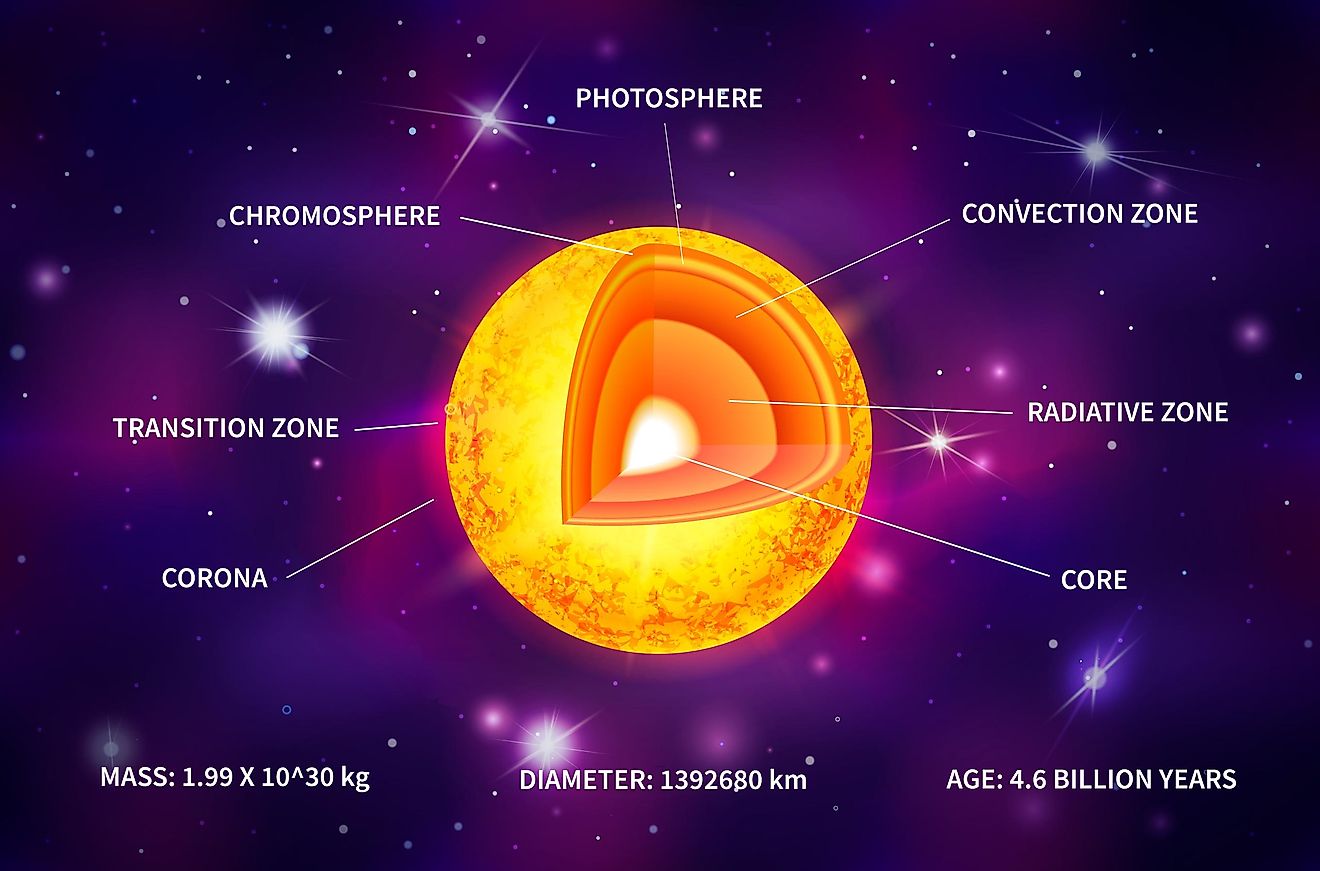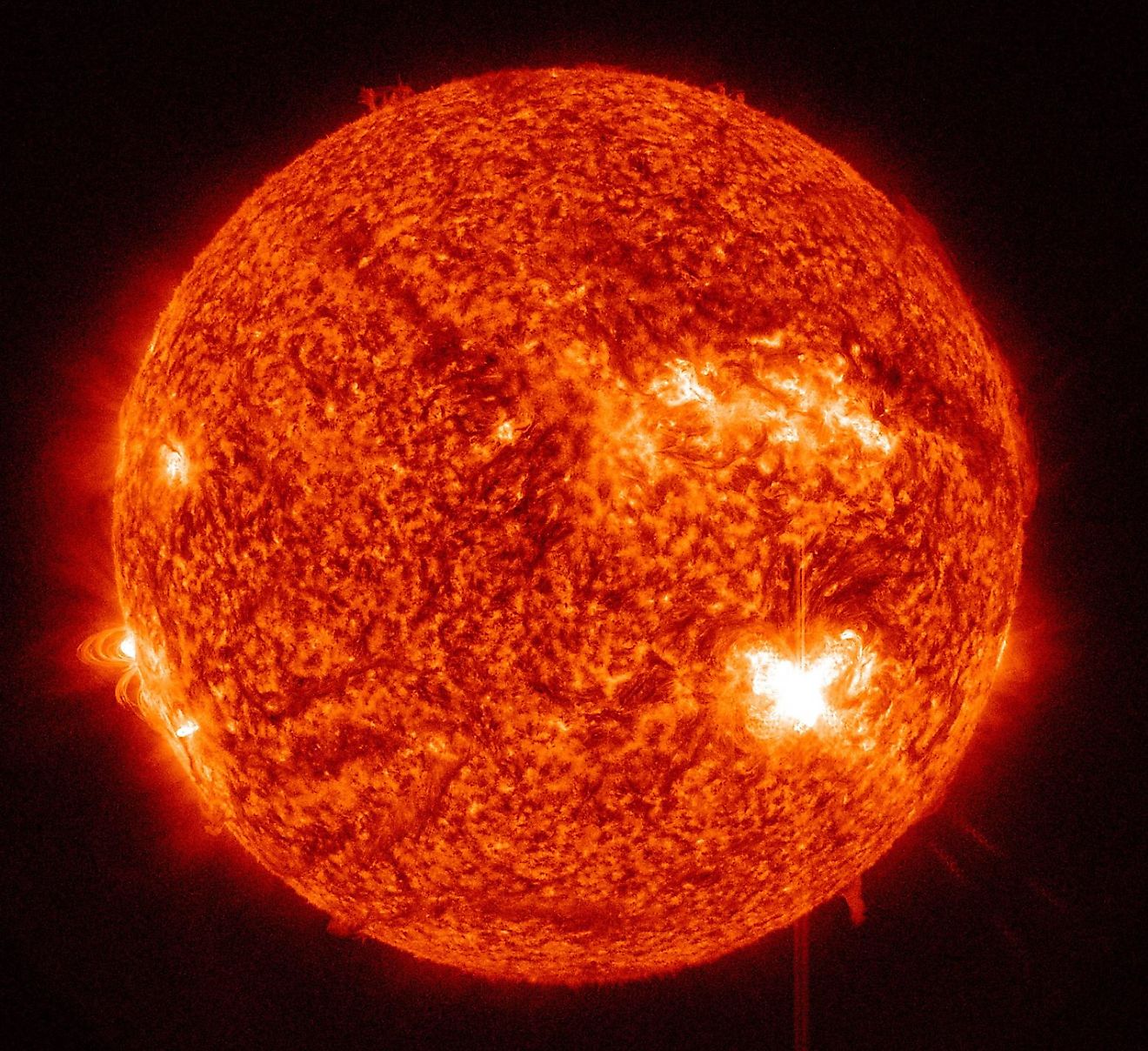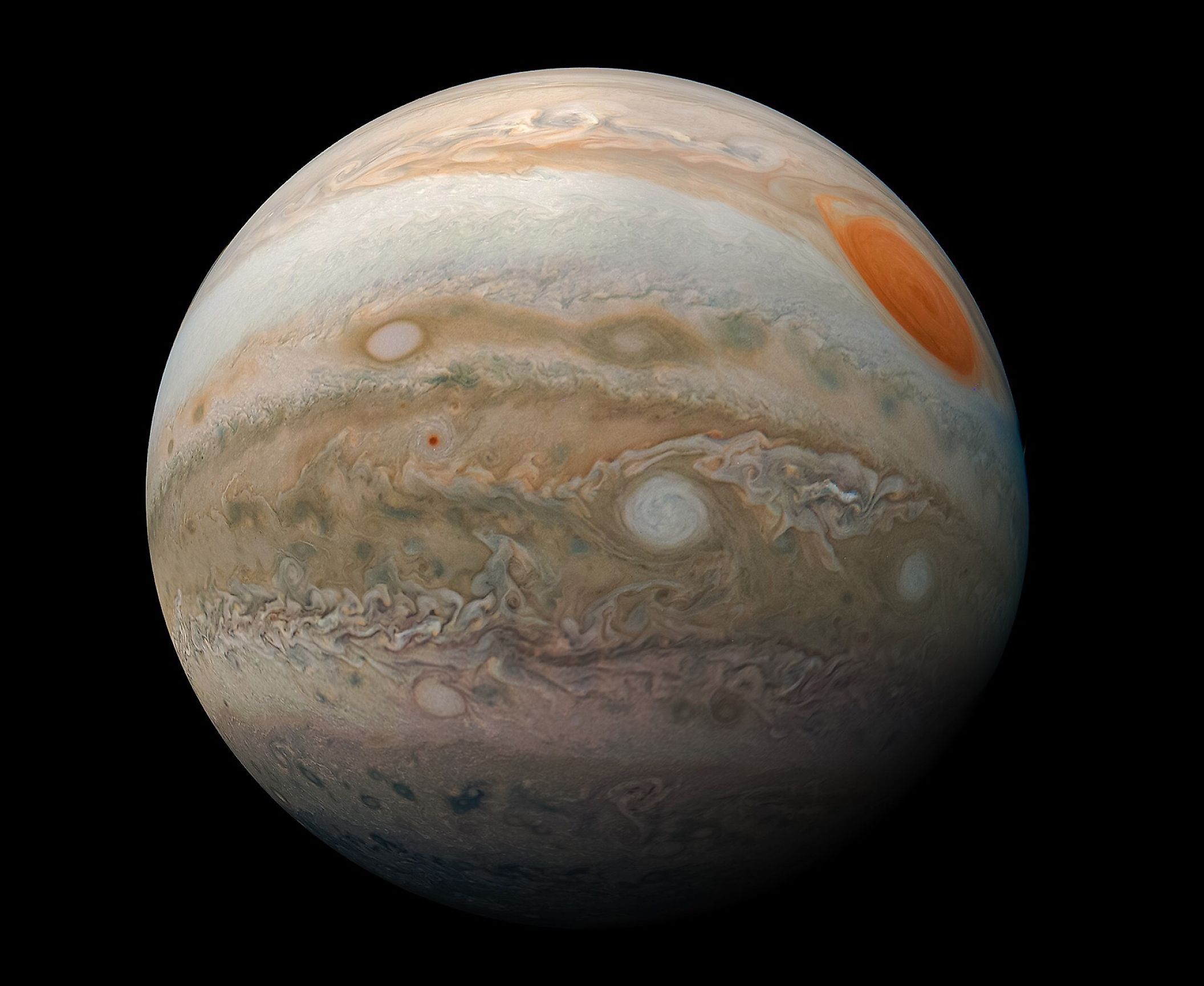
How Long Could You Survive On Each Planet?
The Earth is the only world in our solar system that we humans can survive on for extended periods without the need for advanced technology. We are adapted to the environment of our home world, yet what about the other planets in our solar system? Given the conditions and environments on the other planets, how long could a person survive on each planet?
Mercury
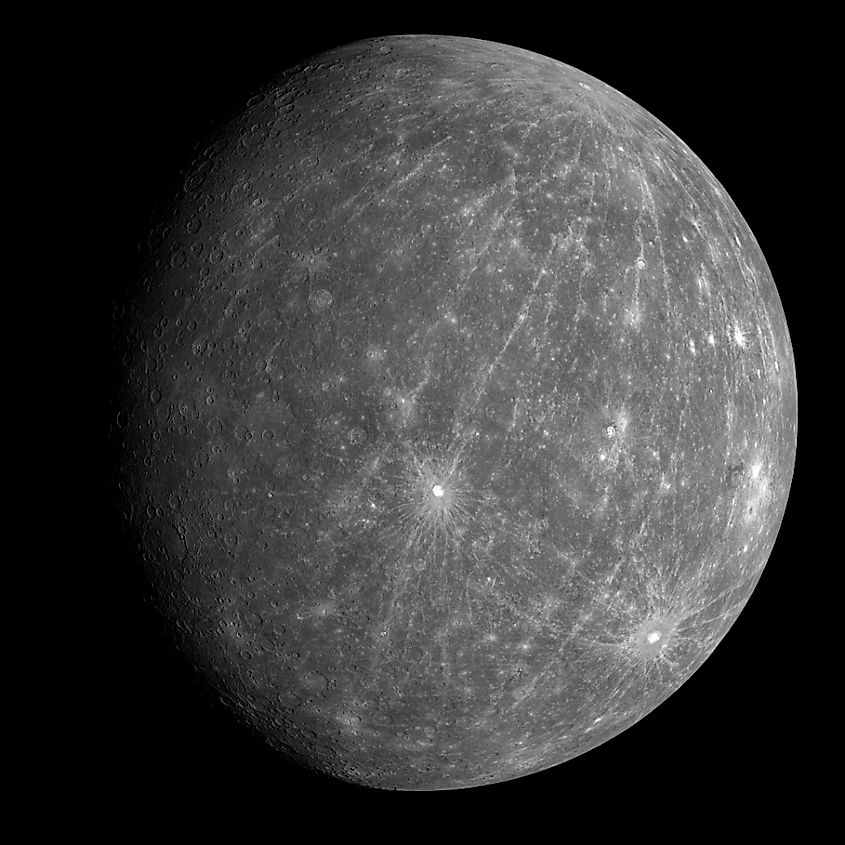
Mercury is the innermost planet in our solar system, orbiting the sun at an average distance of 36 million miles (58 million kilometers). Mercury orbits closer to the sun than any other planet in the solar system, and thus it experiences some of the highest surface temperatures of any planet. The average surface temperature on Mercury is 800 degrees Fahrenheit (430 degrees Celsius) during the day. However, without an atmosphere to retain and regulate heat, temperatures at night become exceedingly cold. At night, temperatures average at minus 290 degrees Fahrenheit (minus 180 degrees Celsius). Assuming you could walk along the region between night and day where temperatures are more stable, you could survive for about two minutes on the surface of Mercury. Not bad for the second hottest planet in the solar system.
Venus
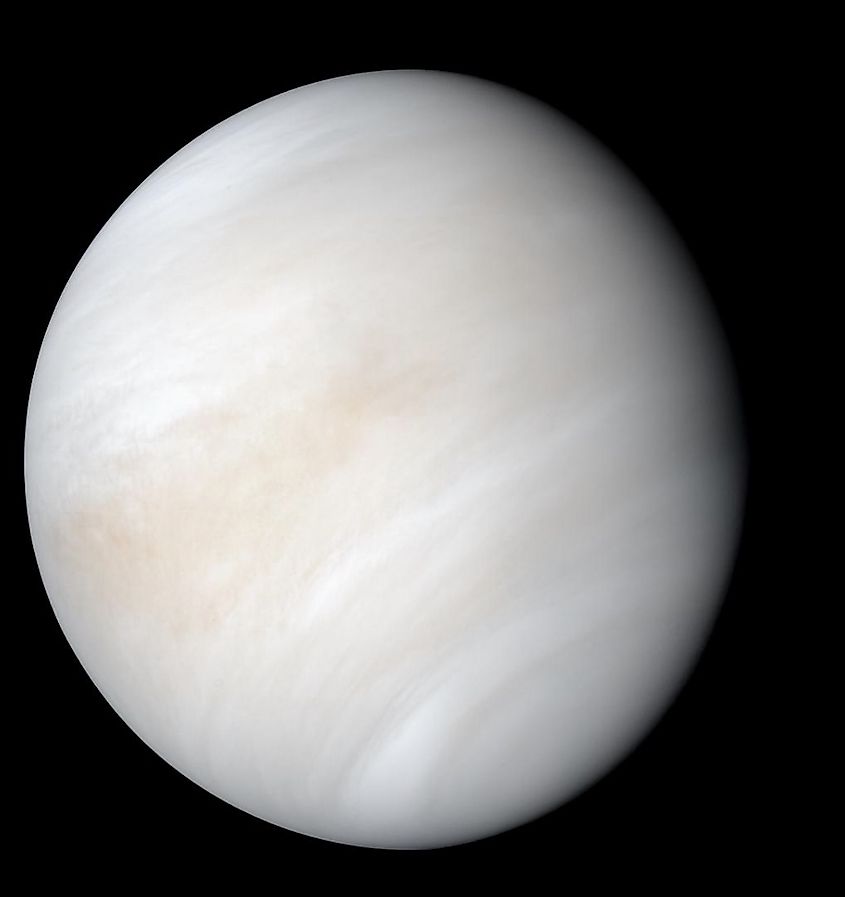
Venus may be further from the sun than Mercury, yet it is actually hotter. Venus experiences the highest surface temperatures in the solar system, and it is due to the fact that the atmosphere of Venus is composed mostly of carbon dioxide. As a greenhouse gas, carbon dioxide traps incoming heat from the sun and keeps it near the surface, causing planetary surface temperatures to be higher than they otherwise would be. Venus has what’s called a runaway greenhouse effect, and the amount of carbon dioxide in the atmosphere has caused temperatures to average at 900 degrees Fahrenheit (475 degrees Celsius). Unlike Mercury, temperatures on Venus are fairly consistent regardless of whether it is day or night, and so there would be no escape from the extreme heat. Furthermore, the atmosphere of Venus is a staggering 90 times heavier than Earth’s. You could only survive on Venus for a maximum of one second before the extreme temperatures and pressures completely vaporized you.
Mars
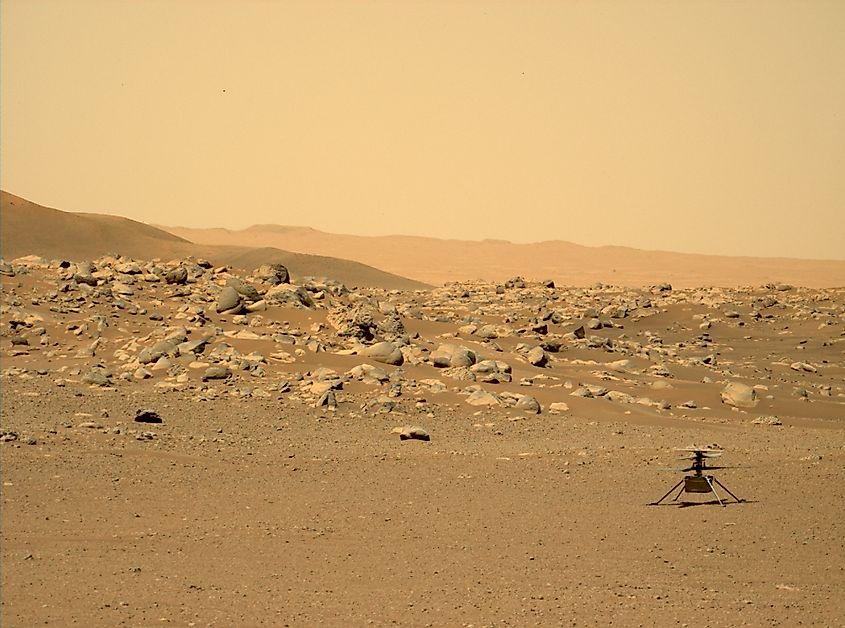
Mars is further away from the sun than Earth, and so unlike the other rocky worlds, it experiences far colder surface temperatures. The average surface temperature on Mars is around minus 80 degrees Fahrenheit (minus 60 degrees Celsius). Although humans cannot survive for long in temperatures that cold, you could survive longer than on Venus or Mercury. The temperature, however, is not the only factor. The atmosphere of Mars is only a fraction as dense as Earth’s. You could survive on Mars for about the same amount of time you could survive in space, about two minutes.
Jupiter, Saturn, Uranus, and Neptune
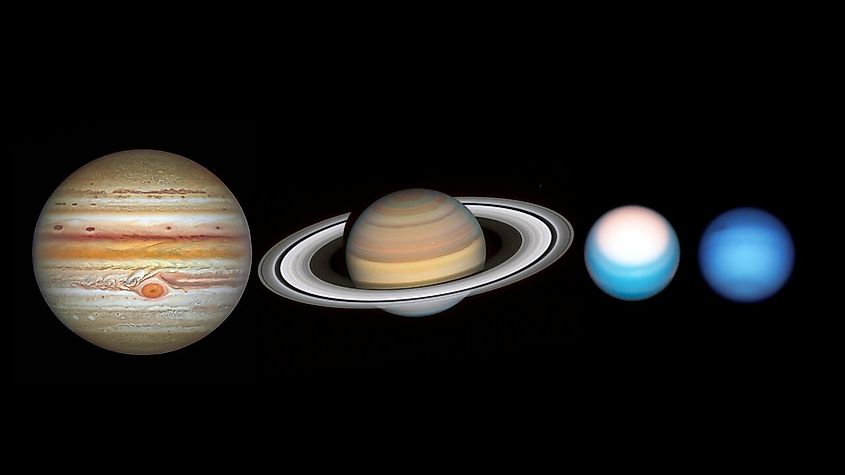
It’s difficult to determine how long you could survive on the gas giants due to the fact they do not have solid surfaces, at least not in the way we think of them. Rather, if you were to try and land on any of the gas giants, you would simply descend through a seemingly endless atmosphere. The gravitational pull of the gas giants would pull you through their atmospheres very fast. The cold temperatures would be irrelevant. What limits your survival on the gas giants is the fact that, as you descend through the atmosphere, pressures rise dramatically. The atmosphere itself would crush you on each of these worlds in less than one second.
